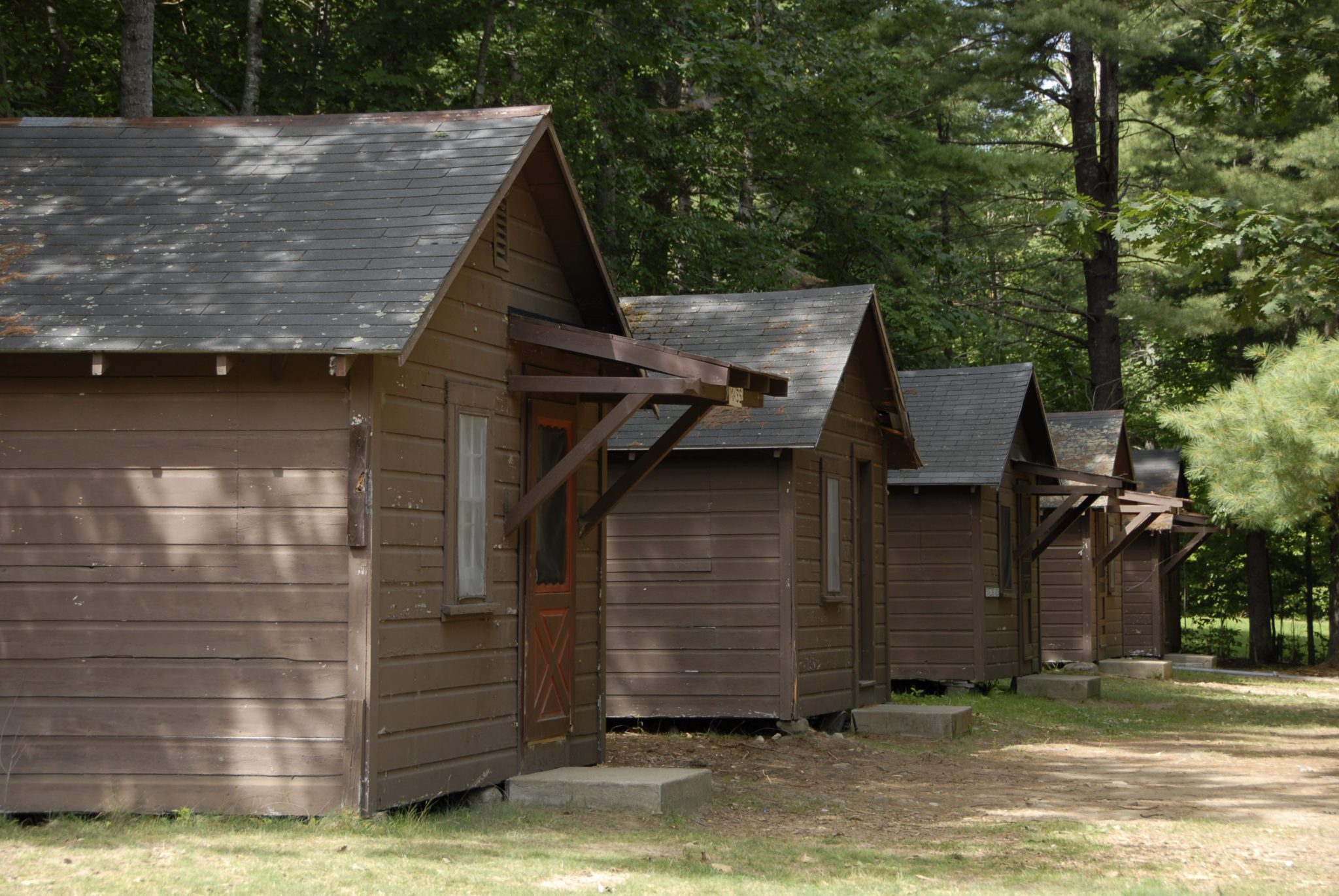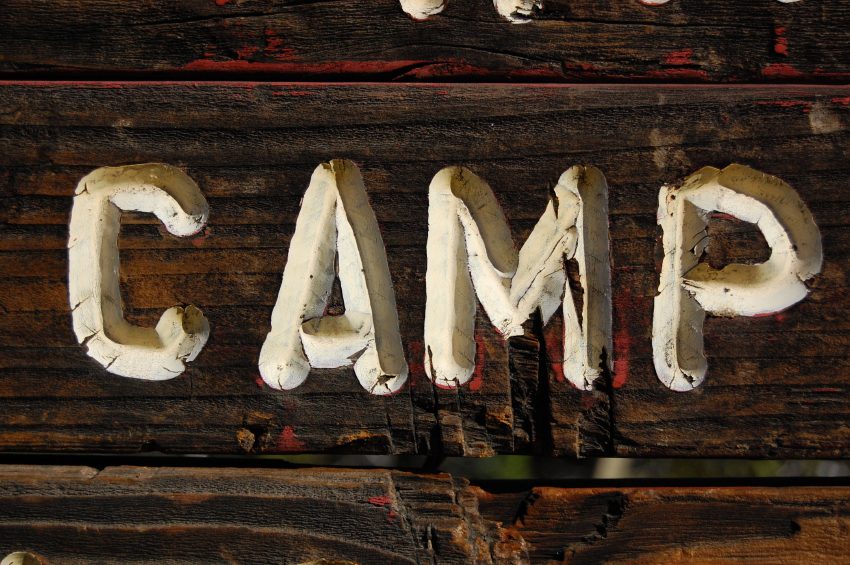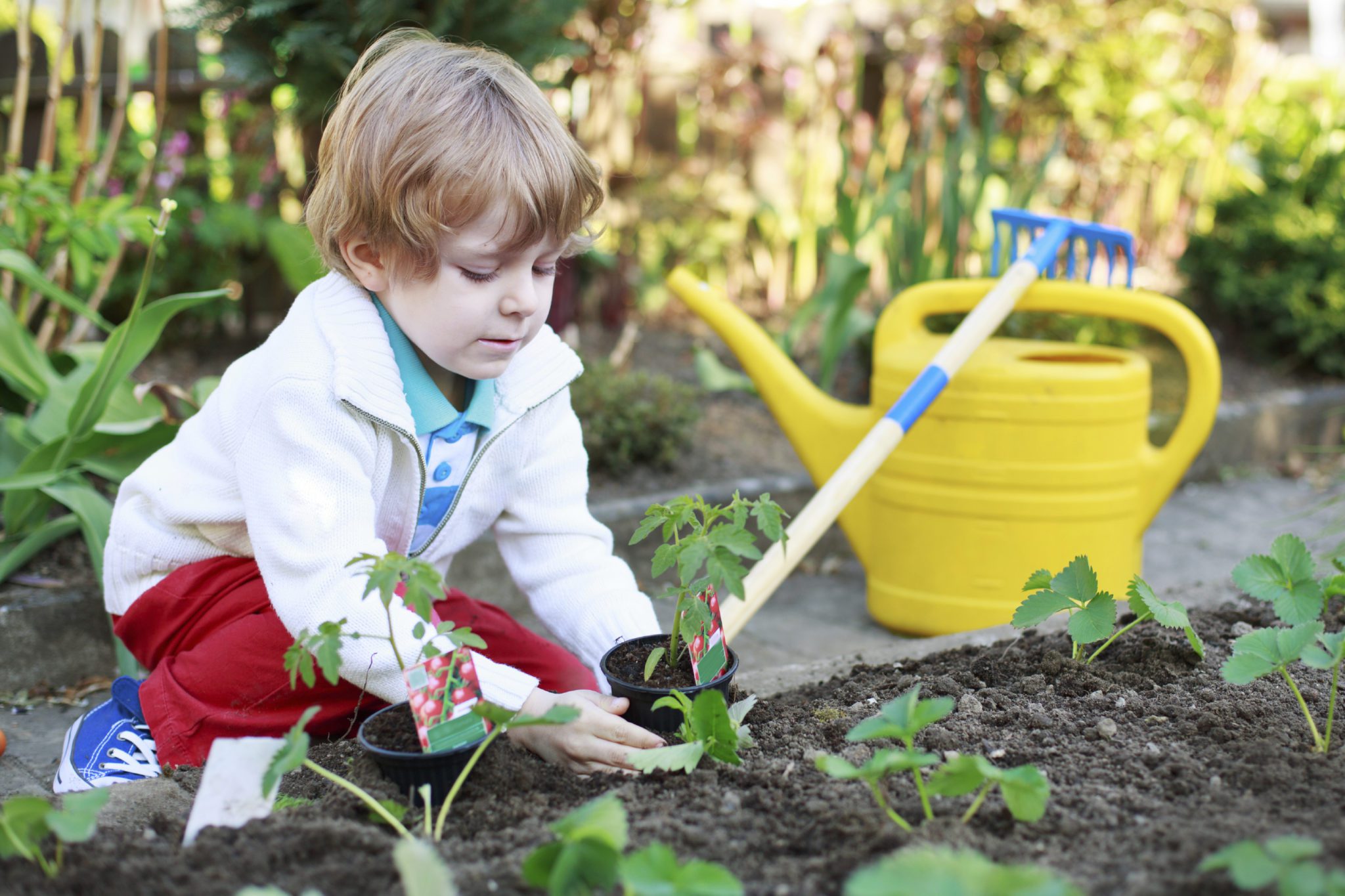Considerations for Picking Your Child’s Summer Camp

Posted in: Grade School, You & Your Family
Topics: Healthy Living
I remember my own summer camp experiences with mixed emotions. On the one hand, it was a wonderful opportunity for me to develop independence, self-confidence and a love of the outdoors that has lasted a lifetime. On the other hand, I also remember being homesick and wondering how on earth I would adjust to spending a month in an open-air tent. Similarly, if you are in the process of picking a summer camp for your child, you may be viewing this decision in the context of your own experiences. However, what you enjoyed about summer camp—or didn’t enjoy—may be quite different from what your child needs. So how, then, do parents go about finding the right kind of camp for their kids?
Before you even begin to research possibilities, you need to discuss the idea of camp with your child. Ask him what he wants to do this summer. Does he want to go to camp with friends? If so, with whom? And, if there is something you think is important, now is the time to bring it up. For example, do you want a camp that can also provide remediation for your child’s learning disability? Do you feel it’s important for your child to get better at a particular skill or sport? If so, bring these issues up now—not after you’ve paid your deposit. Talk about your expectations, and ask your child about his. Most camps have websites, videos and virtual tours, so spend some time with your child looking at different options. The more involved your child is in the decision process, the less anxiety he may have about going away to camp.
Here are some important points to consider when sorting through the alternatives:
Day Camp vs. Sleep Away: One of the first things to determine is whether you want a day camp or a sleep-away experience. Day camp is great if your child is just warming up to the idea of camp. Overnight camps often start around age 7, but that could also be too young for your child. Signs that kids are ready for sleepover summer camps include the ability to do well at sleepovers, and be an eager participant in new activities without parent involvement. Many kids aren’t ready until closer to age 10. When picking a sleep-away camp, think carefully about whether your child will fit best in a co-ed, single sex, or specialty camp that focuses on a specific program.
Camp Focus: With your child’s input, consider the type of camp experience that is best. General camps offer many activities ranging from swimming, to archery, to arts and crafts. They give your child the ability to experience completely new interests. But, your child may want to focus on a particular sport, or increase her expertise in a specific skill, such as music or computers. This is a highly personal decision that needs to be made with your child. Does your child love soccer so much that he can spend four weeks living with other soccer players? If so, soccer camp may be a great experience. On the other hand, if your child enjoys (but doesn’t absolutely LOVE) playing the violin, and you want her to go to a sleep-away music camp where she’s expected to practice for hours at a time, an otherwise enjoyable activity may not be experienced as pleasurable. In fact, there’s the potential to ruin your child’s developing interest.
Consider The Other Kids: There are two things to consider here—a. do you want your child to go with a friend, and b. what are the other kids like? In terms of friend or no friend, it really depends upon the friend. It’s an all too common experience for best friends to arrive at camp as best friends and leave as enemies. If your child is going with a friend, make sure their friendship can handle the inevitable stress of being together 24/7. Is your child shy and quiet while his best friend is a social butterfly? That combination may work well for them at school, but become difficult in a camp setting where the best friend is making new friends while your child is feeling left out and homesick. Think about this issue carefully, particularly if your child is not the outgoing member of a friendship group—it’s the shyer child who may have a tougher time adjusting if things go awry at camp.
What To Do If Your Child Has Special Needs: If your child has special needs—such as ADHD, anxiety, or Aspergers—you’ll want to be especially careful that the camp is able to provide your child the support he needs. You also may want to decide whether your child needs (and can adapt to) a more general camp experience, or a specialized program. If your child negotiates the typical school day with a minimum amount of support, then she is most likely able to cope with a typical camp experience; however, if your child needs support in certain skills, then camp can be a wonderful place to develop those skills. These camps include:
- Camps that help kids develop friendships and social skills. These camps are great for kids who have difficulty making friends during the school year, and who need help developing better self-esteem and social skills.
- Academic skills camps that specialize in remediating learning disabilities such as dyslexia. These summer programs often intersperse tutoring in specific academic subjects with typical camp experiences such as ropes courses and swimming.
Picking a summer camp is an important decision, and unfortunately there are no “do’s and don’ts” that apply to every child. Instead, it might be best to consider some questions, including:
- What location is best for my child? Does my child love—or hate—the water? What about mountains?
- What is the ideal distance from home?
- How rustic should the camp be?
- What session length is ideal for my child?
- Does my child have special dietary, physical, or emotional needs? Can the camp accommodate these?
- What training does the staff have on safety, supervision, counseling and problem solving?
- Is my child supervised during evening hours (i.e. do camp counselors sleep in cabins with the campers)?
- How are parents allowed to communicate with their children? Are there visiting days? Are kids allowed to have phones?
- What is the schedule for the campers? Do they get to choose some of their activities? What are the activities? What do kids do if they’re not good at sports?
- What happens if a child has a medical, emotional, or social problem?
- What happens if my child takes medication?
- How will we handle separation anxiety?
Each camp—and child—is unique. Know your child’s interests and maturity level; while not every camp is right for every child, there is a likely a camp that is perfect for your child. Consider carefully whether the camp’s philosophy matches your own, but above all, make sure the place seems fun. While a camp experience can be one that teaches your child new skills, it should more importantly be one where he makes positive memories, gains confidence, and learns how to be away from home in a safe and fun environment.


 Share
Share Tweet
Tweet





